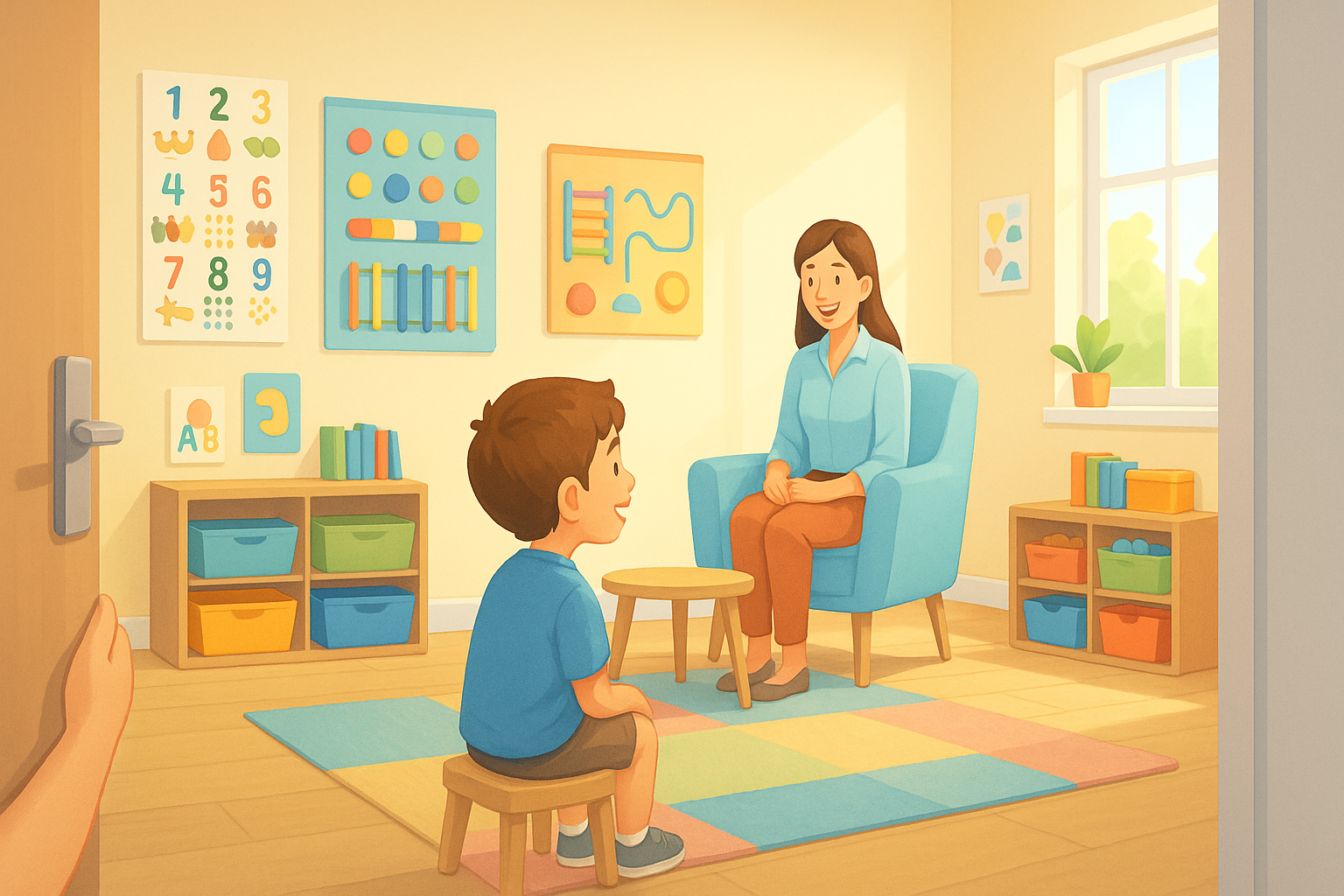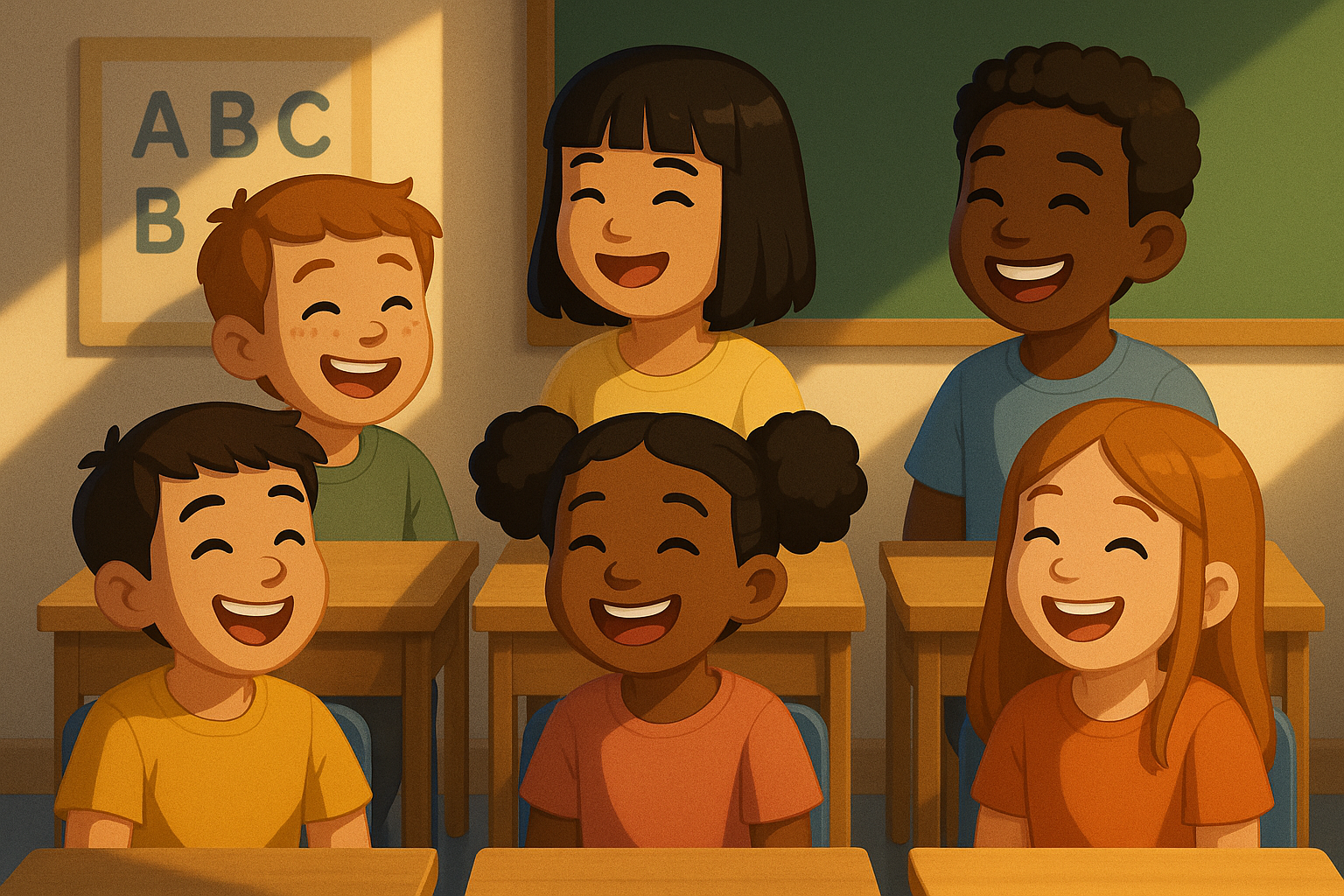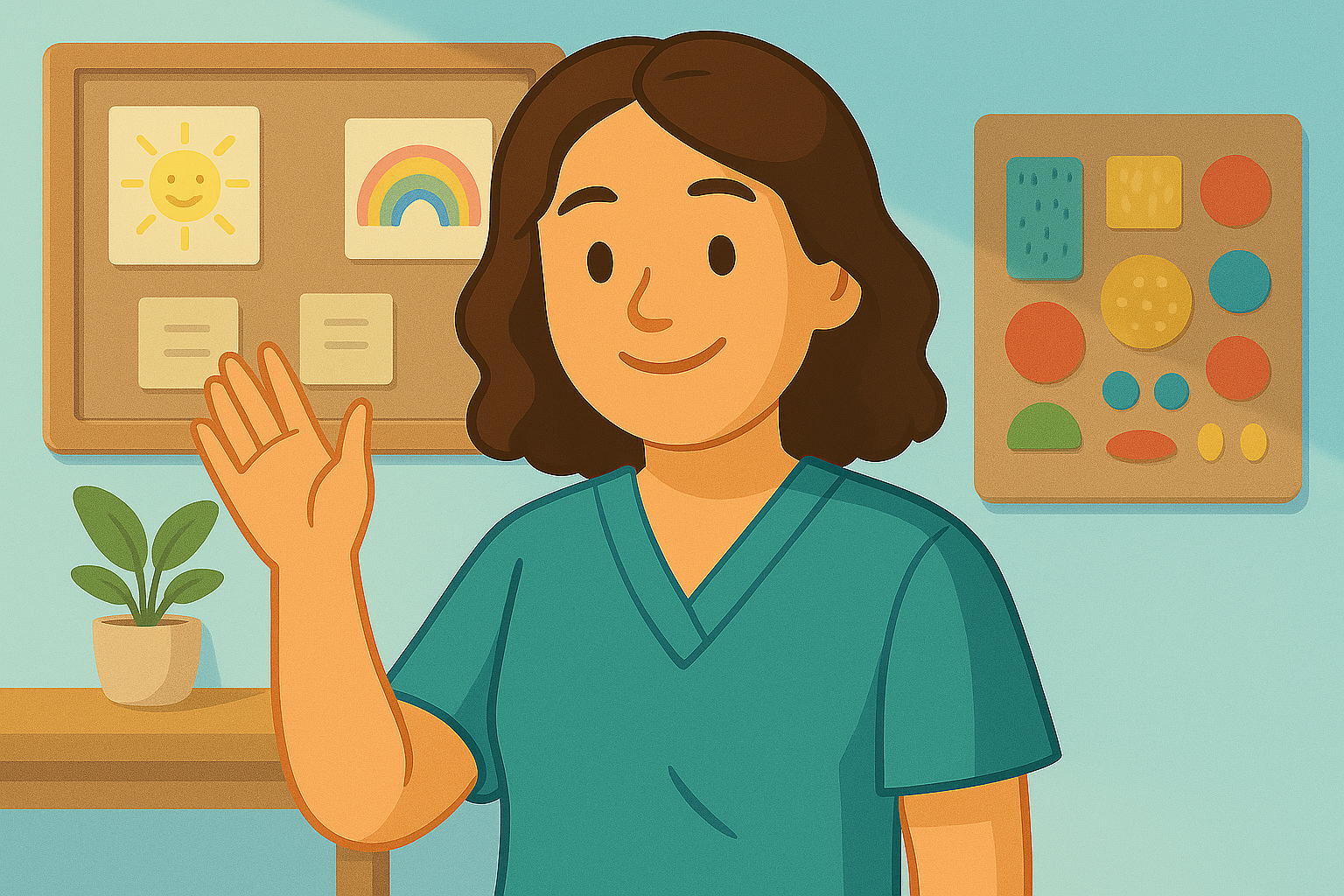
understanding specialised positive behaviour support for kids
18 June, 2025
 Key Highlights
Key Highlights
-
Specialised Positive Behaviour Support (PBS) is tailored to address complex behavioural challenges in children through personalised plans created by skilled behaviour support practitioners.
-
The PBS approach focuses on enhancing communication skills, developing new skills, and improving overall wellbeing and quality of life.
-
It helps NDIS participants reduce restrictive practices and fosters positive change through early intervention strategies.
-
Families and carers play a crucial role in PBS, ensuring support aligns with the needs of young people.
-
This therapy is particularly effective for children with autism and other challenging behaviours, promoting stability and independence.
Introduction
Dealing with challenging behaviours in children can be tough. Specialised Positive Behavioural Support (PBS) provides a way to bring about positive change and improve wellbeing for people of all ages. Positive Behavioural Support looks at what causes certain behaviours and works to meet each person's needs. It also helps create a safe and caring environment. If you are a parent, caregiver, or teacher, this approach can make a difference for young people who need extra support. In this article, we look at the benefits of positive behavioural support, especially for Liverpool families and those using the National Disability Insurance Scheme (NDIS).
What Is Specialised Positive Behaviour Support for Kids?
 Specialised Positive Behaviour Support (PBS) helps children with challenging behaviours by focusing on individual needs. It aims to create tailored plans that reduce problem behaviours. Behaviour Support Practitioners work with families and support groups to develop strategies that enhance communication and minimise restrictions. PBS recognises that all behaviours have reasons, examining triggers and maintaining factors. It seeks to eliminate negative actions' causes while offering positive alternatives. For example, an aggressive child with autism may struggle due to unmet needs or overwhelming stimuli. A behaviour support plan can adjust routines for clarity and calm, allowing safe expression of feelings. PBS is a long-term approach that empowers children, caregivers, and all involved.
Specialised Positive Behaviour Support (PBS) helps children with challenging behaviours by focusing on individual needs. It aims to create tailored plans that reduce problem behaviours. Behaviour Support Practitioners work with families and support groups to develop strategies that enhance communication and minimise restrictions. PBS recognises that all behaviours have reasons, examining triggers and maintaining factors. It seeks to eliminate negative actions' causes while offering positive alternatives. For example, an aggressive child with autism may struggle due to unmet needs or overwhelming stimuli. A behaviour support plan can adjust routines for clarity and calm, allowing safe expression of feelings. PBS is a long-term approach that empowers children, caregivers, and all involved.
Key Principles of Positive Behaviour Support
The PBS approach fosters real, lasting change for children and their families through several key ideas:
-
Early Intervention: Addressing behaviours early helps children develop lasting habits and skills.
-
Quality of Life Focus: Enhancing communication and social skills fosters independence, friendship, and community involvement.
-
Environment Modifications: Adjusting routines or surroundings creates a safe, stable environment for growth.
-
Collaborative Strategy: Engaging families, caregivers, and behaviour support professionals ensures consistent support for the child.
These principles stem from understanding each child's unique needs and desires. The PBS approach not only curbs unwanted behaviours but also empowers children to reach their full potential, ultimately improving the quality of life for both the child and those around them.
Who Benefits from Specialised Positive Behaviour Support?
PBS is good for young people. It also helps their friends, families, and carers. This kind of care looks at what each person needs. It helps young people learn new skills, get better at talking, and become more able to do things on their own. PBS gives a way to make positive change that can make everyone feel better and bring more wellbeing.
When children have tough behaviours, like those seen with autism or ADHD, early intervention is very important. It helps these young people a lot. At the same time, carers, like parents, teachers, and therapists, get tools they can use every day. They also become closer to the young people they care for.
Children with Complex Behavioural Needs
For children who have tough behaviours because of autism or sensory issues, the PBS approach helps give them clarity, stability, and important life skills. Behaviour Support Practitioners look at each child’s needs to find out why they act a certain way, like having anxiety or finding it hard to be social.
When these needs are worked on early, PBS brings about positive change. For example, if a child gets upset because of being alone, it may help to change things at home or school. You can try giving them a set schedule, quiet spots to calm down, or family time that gets them to join in.
PBS is not just about stopping the bad behaviours. It also gives children the skills to talk to others and deal with their feelings. This way, they get to join in more with other kids, build friendships, and be happy. PBS also helps carers and families by making daily life smoother.
How We Deliver Specialised Support
 At daar, our Positive Behaviour Support (PBS) approach is built around personalised care and strong community ties. We work closely with families, schools, and local health providers to create individualised behaviour support plans that meet each child’s unique needs. Our team of trained behaviour support practitioners applies evidence-based strategies — including elements from Applied Behaviour Analysis (ABA) and other therapeutic frameworks — to reduce challenging behaviours and promote long-term growth.
At daar, our Positive Behaviour Support (PBS) approach is built around personalised care and strong community ties. We work closely with families, schools, and local health providers to create individualised behaviour support plans that meet each child’s unique needs. Our team of trained behaviour support practitioners applies evidence-based strategies — including elements from Applied Behaviour Analysis (ABA) and other therapeutic frameworks — to reduce challenging behaviours and promote long-term growth.
Families from Casula, Moorebank, Prestons, Wattle Grove, and surrounding suburbs benefit from our local presence and ongoing support. We believe in collaboration, not just intervention — empowering parents to play an active role in the process. You can also learn more about how family involvement improves therapy outcomes or how therapy prepares children for school success.
Contact us today to learn how we can work together on a support plan that suits your child and your family.
Getting Started Through the NDIS
The National Disability Insurance Scheme (NDIS) supports children and families by providing tailored funding for their unique needs. This empowers NDIS participants to choose therapies, such as Positive Behaviour Support (PBS). Families can consult NDIS experts to develop a personalised behaviour support plan, which addresses specific behaviours and enhances communication skills with assistance from behaviour support workers. Funding is available for various care options, ensuring accessible support for families in Liverpool.
To qualify for the NDIS, applicants must meet specific criteria regarding age, residence, and the type of disability support needed. For further assistance, families can reach out to NDIS or collaborate with other providers to access essential services throughout the process.
Conclusion
In the end, knowing about specialised positive behaviour support is very important for kids with complex behaviour needs and for their families. This kind of support makes sure care plans fit each child. The plans help bring about good changes, whether at home or at school. By putting each child's needs first, behaviour support practitioners can help families understand what to do and make things better for them. If you are in Liverpool and looking to help your child through positive behaviour support, don't wait to ask for help. You and your family can look at your choices through the NDIS. With the right behaviour support, we can work on a good path for your child's growth.
Frequently Asked Questions
How does the NDIS help children access behaviour support?
The NDIS helps kids get behaviour support that fits their own needs. The program gives money to pay for these services. This lets families pick trained people to work with their children. With this help, children can get support that is right for them. These services are made to help kids show more positive behaviour and feel better overall.
What should I expect during a behaviour support assessment?
During a behaviour support assessment, you will talk with professionals about your child's behaviour. There will be some time to watch and note how your child acts. You may also need to fill out some simple questionnaires. The aim is to find out what triggers certain actions and what your child is good at. With this, the team wants to make plans that fit your child. The goal is to help your child show positive behaviour and get the support that they need.
How are families involved in creating care plans?
Families and carers have an important role when it comes to making behaviour support plans. Practitioners work closely with families to learn what their needs, goals, and preferences are. These care plans help increase wellbeing and support people as they learn new skills. This friendly and supportive setting makes it easier for better communication and helps with behavioural health.
Can positive behaviour support be delivered at home or school?
Yes, you can use positive behaviour support at both home and school. When you adjust your strategies for each place, it helps everyone give the same message to the child. This makes it more likely for children to show positive behaviour any place they go. Giving the same support at home and at school helps children grow and feel good about themselves. Using these behaviour support ideas can really help with their overall development and behaviour.
.svg)






